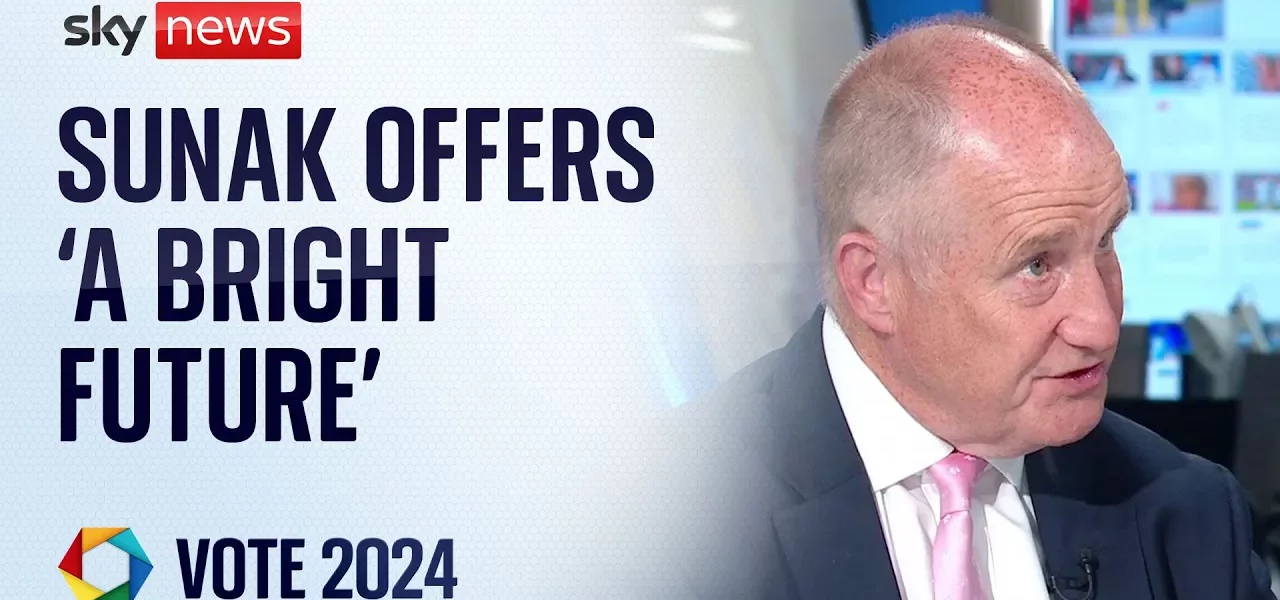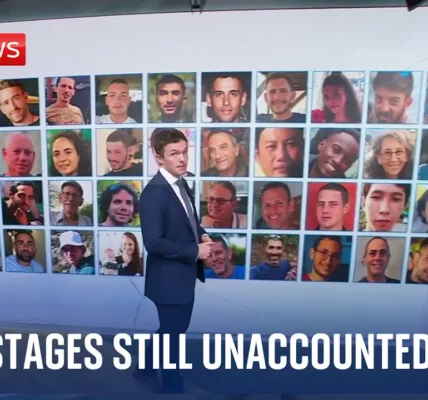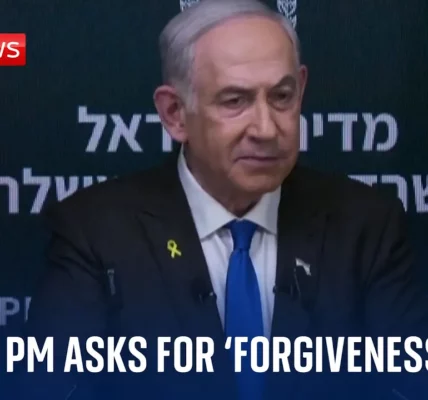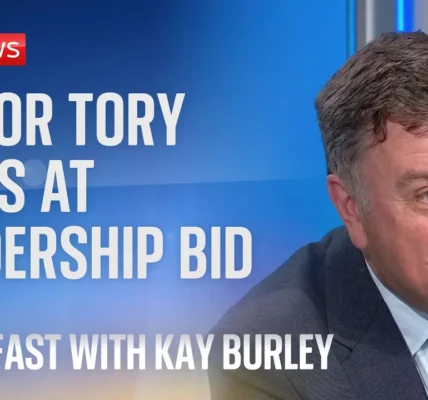Insights on the Recent Political Debate: Key Moments and Future Implications

This article delves into the highlights of the recent political debate, examining the performances of both the Prime Minister and the opposition leader. We explore the implications of their strategies and analyze the future direction of the campaign amid ongoing issues.
Introduction to the Political Landscape
The political debate that recently took place has stirred conversations across the nation, bringing to light critical issues that will shape the upcoming election. Both the Prime Minister and the opposition leader made compelling arguments, showcasing their visions for the future amidst various distractions. This article will break down the significant moments of the debate, the strategies employed by both parties, and the overarching themes that emerged as we look ahead to the election.
Key Highlights from the Debate
The Prime Minister’s Strong Points
The Prime Minister demonstrated a confident stance, focusing on the theme of future progress. Key highlights included:
- Emphasis on the importance of the upcoming five years as a decision point for voters.
- Highlighting achievements during difficult times, including responses to the COVID-19 crisis and the cost of living crisis.
- Presenting a clear plan for economic improvement, with inflation reportedly under control.
The Opposition Leader’s Counterarguments
In contrast, the opposition leader sought to challenge the Prime Minister’s narrative by focusing on:
- The necessity for change and addressing voter concerns regarding the current administration.
- Critiquing the lack of a robust plan from the Prime Minister, which could lead to voter disillusionment.
- Advocating for transparency and accountability in government spending and policies.
Discussion on Political Betting and Ethics
Proposed Regulations on Political Betting
A significant topic that arose during the debate was the ethics surrounding politicians betting on political outcomes. The Prime Minister suggested:
- A need for a clear policy against politicians betting on political events.
- Drawing parallels with sports where such practices are prohibited, highlighting the potential conflicts of interest.
This discussion has the potential to reshape how political integrity is viewed, especially during election cycles.
Conversations Around Junior Doctors Strike
Implications of the Strike on Election Campaign
The timing of the junior doctors’ strike shortly before the election raised eyebrows. Key points included:
- The need for ongoing negotiations and the importance of addressing the junior doctors’ demands fairly.
- Concerns regarding the impact of the strike on waiting lists and healthcare services.
- The acknowledgment that both parties need to prioritize the negotiation table to find common ground.
Responses to Political Messaging and Campaign Strategy
Social Media and Its Impact on Perception
The debate also highlighted the role of social media in shaping political narratives. The recent controversy surrounding a tweet from the Conservative party exemplifies:
- The dangers of presenting misleading information in the heat of a campaign.
- The impact of social media on public perception and voter sentiment.
- Calls for both parties to maintain integrity in their messaging to avoid unnecessary distractions.
Conclusion: Looking Ahead to the Future
As we reflect on the debate, it is evident that both parties face significant challenges and opportunities. The discussions around future planning, ethical governance, and healthcare reform will undoubtedly influence voter decisions. It is crucial for both the Prime Minister and the opposition leader to articulate clear, actionable plans that resonate with the electorate. As the campaign progresses, engaging in meaningful dialogue and addressing the concerns of citizens will be essential for securing votes. Stay informed and participate in discussions that will shape the future of our political landscape.
“`




